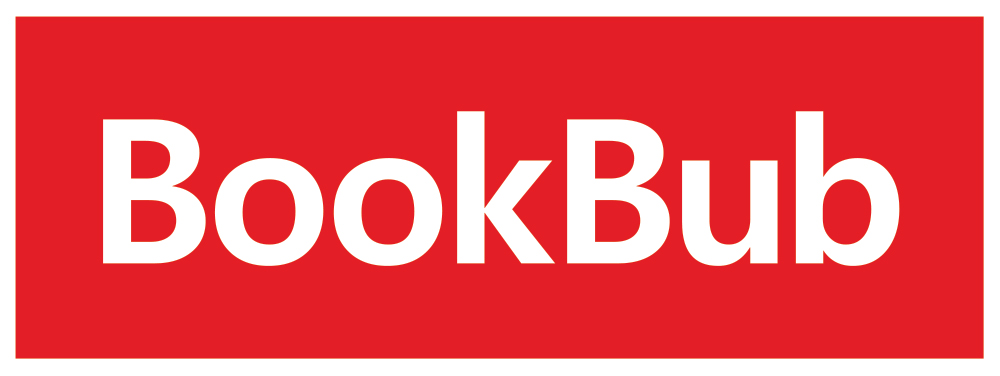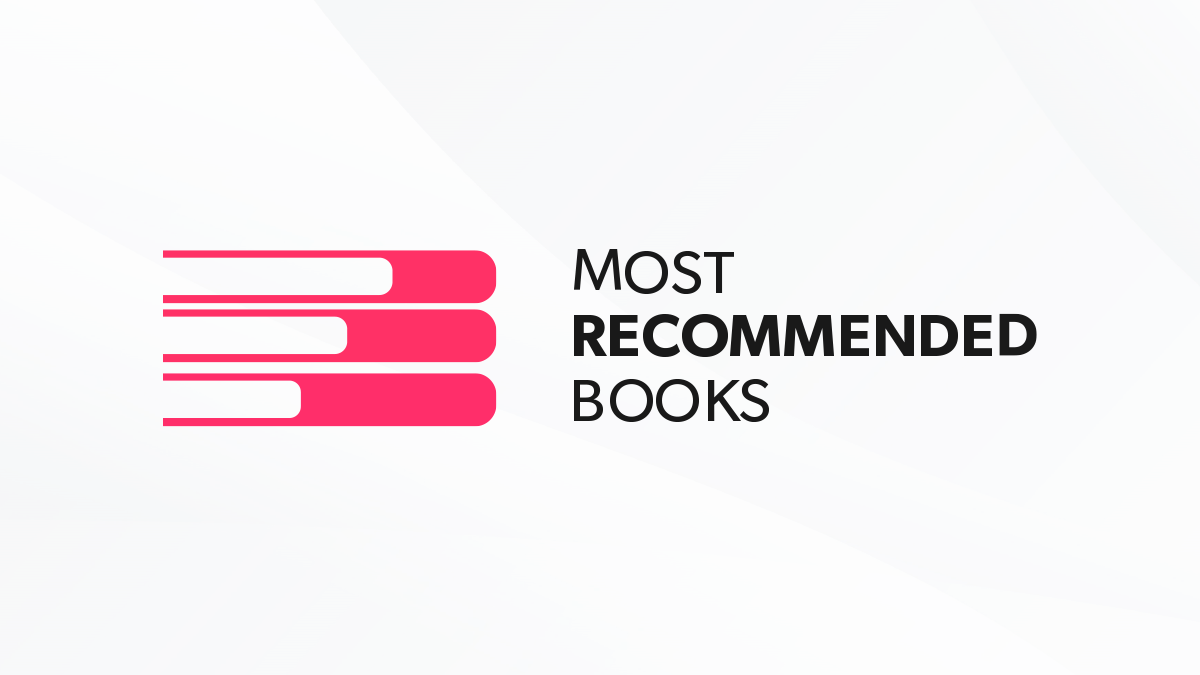Have you ever launched a company and wondered why the competition is getting press in publications where you’re not? What could it be? You’re not doing anything wrong. Your PR person or team isn’t either. Instead of looking at the problem, focus on the solution.
Getting Started
In the first of a series of posts, I am going to explore why some companies get press and others don’t. I’ll compare companies to one another and delve into why their pitches and press releases are working, or not working.

To begin, I’ll be looking into the online book site industry. A site like Goodreads doesn’t require public relations. It’s the dominant player in the market. Being part of Amazon, Goodreads gains a lot from the Amazon Associates Program, which, as Amazon states, “helps content creators, publishers, and bloggers monetize their traffic.”
Voila — marketing and PR are set. Done and done.
But what about the competition?
Sussing Out Competitors
Websites like BingeBooks, BookBub, and Most Recommended Books are independent platforms for finding new books. Even though some of these may participate in the Amazon Associates Program, they don’t have the same brand recognition or extensive affiliate network needed to compete directly with Goodreads. Still, they each hold a unique position in the market.
Is it enough to get press? Yep — it sure is.

Launched in November 2020, BingeBooks is fresh out of the gate. On the heels of turning the lights on, the company secured press in all three of the leading publisher trades: Publishers Weekly, PublishersLunch, and Shelf-Awareness.
. These placements are largely attributable to the fact that all of its founders are best-selling authors that have retained experts from the publishing industry to direct their marketing and partnership efforts. Most recently, BingeBooks secured a feature story in TechCrunch — which highlighted the company’s unmatched innovative features — including the ability to leverage artificial intelligence (AI) when making book recommendations.
Although BingeBooks certainly has an edge on the competition with respect to artificial intelligence, it remains unknown if this capability will be the differentiator that breaks out the company to attract millions of readers. Time will tell.
BookBub, on the other hand, has been around since 2012, and has over 100 employees and millions of users. You don’t have to search much on Google to find that BookBub is the site for free and discounted deals on eBooks. There are a number of articles about how to find free and/or the best deals on eBooks. Most recently, the company launched Chirp — upping their audiobook game — and previously announced new features to help readers find out when their favorite authors’ books are on sale. They also got local press on member news as well as coverage on their UK launch. All newsworthy items.
Most Recommended Books is an outlier. Positioned to focus on books that celebrities read and recommend, the site connects readers to the self-help titles that, well, made these celebrities famous and successful in the first place.
Using GPT-3 technology, the site suggests that readers can use artificial intelligence to find books to shape their lives and careers. This positioning has garnered press in many top business publications. Do you know which 61 books Elon Musk thinks you should read? They do. And, given that positioning, business publications — including INC, Entrepreneur, and BusinessInsider — have all written about the company. If these are the books that influential people read, then that’s a good business story.

Photo by Lacie Slezak on Unsplash
Among these sites, the more mature of the group are clearly differentiated, and securing press in alignment with their value proposition. Their public relations strategies are straightforward: Visit our site because — if you want it — we offer this. You won’t hear about things like diversity initiatives or cultural impact.
It’s so direct, in fact, that these sites can build a pitch or press release around a new feature, offer it to a publication, and get press. Be it a blog or online media outlet, trying to boil the ocean with press coverage isn’t their goal.
Launching with Legs

Photo by Bill Jelen on Unsplash
Slow and steady wins the race. This isn’t a one-time pitch/press release opportunity.
Competitors will continually innovate and announce new features and offers. They will secure coverage from untapped press outlets. And they will stay in touch with those that have written about them before — and will again in the future.
Disclaimer: David Libby an investor in BingeBooks and its Media Chief

